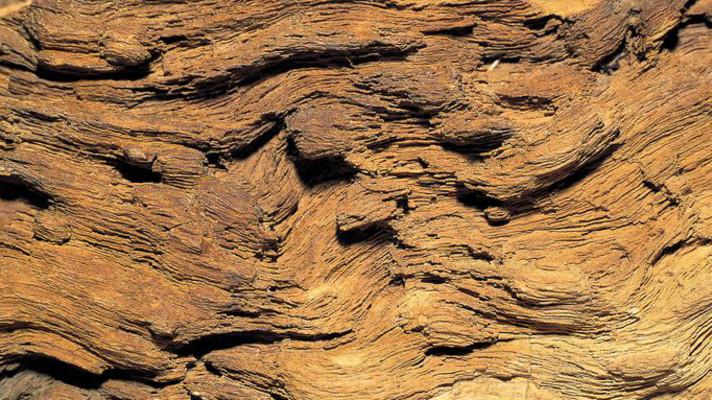Co je WWC?
Profile and mission
The World Water Council is an international multi-stakeholder platform. It was established in 1996 on the initiative of renowned water specialists and international organizations, in response to an increasing concern about world water issues from the global community.
The World Water Council's mission is "to promote awareness, build political commitment and trigger action on critical water issues at all levels, including the highest decision-making level, to facilitate the efficient conservation, protection, development, planning, management and use of water in all its dimensions on an environmentally sustainable basis for the benefit of all life on earth."
By providing a platform to encourage debates and exchanges of experience, the Council aims to reach a common strategic vision on water resources and water services management amongst all stakeholders in the water community. In the process, the Council also catalyses initiatives and activities, whose results converge toward its flagship product, the World Water Forum.
Financial Resources
The Council is financed primarily through membership fees and additional support is provided by the host City of Marseilles. Specific projects and programs are financed through donations and grants from governments, international organizations and NGO's.
Background
Authority for managing the world's fresh water resources is fragmented amongst the world's nations, hundreds of thousands of local governments, and countless non-governmental and private organizations, as well as a large number of international bodies. Management issues have been subjected to numerous studies and debates in the international arena.
1977 - The Mar del Plata United Nations Conference on Water was the first and only intergovernmental conference devoted exclusively to water--a milestone in the history of water development.
1980 - It led the UN General Assembly to proclaim the Declaration of the International Drinking Water Supply and Sanitation Decade.
1992 - The idea of forming a world water council was first proposed in 1992 at the UN's International Conference on Environment and Development in Dublin and at the Rio de Janeiro Earth Summit.
1994 - The International Water Resources Association (IWRA) organized a special session on the topic in its Eighth World Water Congress held in Cairo in November 1994, which resulted in a resolution to create the World Water Council and a committee to accomplish the preparatory work for this task.
Consensus was established around the need for the creation of a common umbrella organisation to unite the disparate, fragmented, and ineffectual efforts in global water management.
1995 - The Founding Committee of the World Water Council was formed and convened its first meeting in Montreal, Canada, in March 1995, and again in Bari, Italy, in September, 1995. These two meetings defined the mission and objectives of the World Water Council.
June 1996 - The World Water Council was legally incorporated and its headquarters established in Marseille, France.
July 1996 - The First Interim Board of Governors met in Grenada, Spain.
March 1997 - The success of the First World Water Forum in Marrakech, Morocco, and the issuing of the Marrakech Declaration firmly established the leadership of the Council in water affairs.
The World Water Council received the mandate to develop the World Water Vision for Life and Environment for the 21st Century.
September 1997 - The First Meeting of the General Assembly of members of the World Water Council was held in Montreal, during the Ninth World Water Congress of the IWRA. The Constitution of the Council was approved and the members of the first Board of Governors were elected.
March 1998 - The World Water Council, in cooperation with the Government of France, participated in organizing the International Conference on Water and Sustainable Development in Paris.
March 2000 - The Second World Water Forum, was successfully held in The Netherlands. The results of the Vision were presented to some 5,700 participants from all parts of the world. The Ministerial Conference gathered 120 Ministers and resulted in the Declaration of The Hague on Water Security in the 21st Century.
March 2003 - The Third World Water Forum took place in Kyoto, Shiga and Osaka, Japan. Following up on its commintments from the 2nd Forum, the WWC launched the World Water Actions report, an inventory of over 3,000 local water actions. This Forum was the largest water conference in history, gathering 24,000 participants. A Ministerial Conference was held in parallel and brought together 130 Ministers. Participants made hundreds of commitments to action, and each session organizer was asked to state what concrete output would follow his or her respective session.
March 2006 - The Fourth World Water Forum was held in Mexico City, gathering some 20,000 people from throughout the world who participated in 206 working sessions, under the theme "local actions for a global challenge".
ZDROJ: WWC
